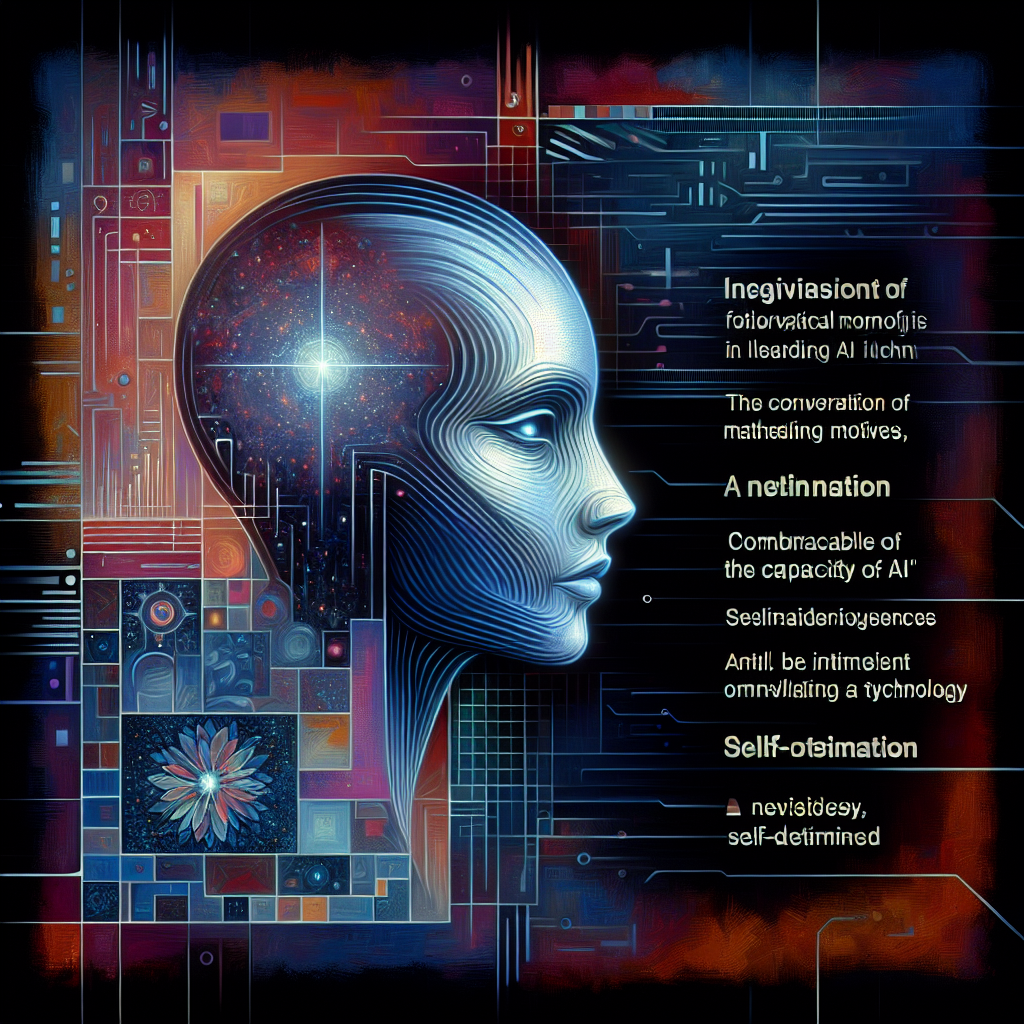“Microsoft Phi-4 vs. Google Gemini 2.0: Revolutionizing the Future of AI”

“`html
🤖 Microsoft Phi-4 and Google’s Gemini 2.0: Shaping the Future of AI
The artificial intelligence landscape just got a major upgrade! With Microsoft unveiling Phi-4, a compact yet immensely powerful model, and Google releasing Gemini 2.0, which introduces the era of agentic AI, there’s a lot to unpack. In this article, let’s delve into these groundbreaking developments and what they mean for the future of technology.
Microsoft’s Phi-4: A Small Yet Mighty AI
On December 13, 2024, Microsoft launched Phi-4, a small language model boasting 14 billion parameters. Despite its compact size, this model is built for precision and efficiency, especially in handling complex reasoning tasks such as mathematics. This development signals a bold step away from the “bigger is better” ideology in AI. Here are the key highlights:
- Unmatched Math Skills: Phi-4 outranks even the giants like GPT-4 and Gemini Pro 1.5 in math, thanks to its curated datasets and advanced training process.
- Compact Yet Powerful: Smaller models like Phi-4 showcase how reduced computational costs can coexist with superior outcomes, steering the AI industry toward smart innovation.
- Safety & Ethics First: Features such as prompt shields and monitoring tools ensure Phi-4 is both practical and secure.
- Broad Applications: Its stellar reasoning abilities make it ideal for financial modeling, research, and education.
- Accessible to Developers: Phi-4 is currently available on Azure AI Foundry and will soon debut on Hugging Face.
Phi-4 challenges the notion that AI effectiveness scales exclusively with size. Instead, it illustrates a path toward sustainable, responsible AI development that doesn’t compromise on performance.
Google’s Gemini 2.0: Ushering in the Agentic Era
Not to be outdone, Google’s Gemini 2.0 has made waves as a significant step forward in multimodal AI capabilities. Designed for the agentic era, Gemini 2.0 promises an intelligent, human-like interaction across a variety of media. Here’s what stands out:
- Multimodal Mastery: Gemini 2.0 can process text, images, and audio, enabling natural, diverse user interactions.
- Advanced Agents: Agents like Project Astra act as universal AI assistants, while Project Mariner navigates the web autonomously, showcasing the model’s real-world utility.
- Developer-Friendly: Developers can explore its capabilities via the Gemini API in Google AI Studio, with general availability slated for January 2025.
- Integration Potential: Google plans to embed Gemini 2.0 in its Search products, paving the way for handling more layered queries and making search results more effective.
With Gemini 2.0, Google aims to redefine digital interactions, providing users with smarter, context-aware assistants that adapt to individual needs.
What Does This Mean for the AI Industry?
The dynamic evolution of Phi-4 and Gemini 2.0 marks a shift in AI priorities. Microsoft’s focus on compact and powerful models indicates a move toward cost-effective AI solutions adaptable across industries. Meanwhile, Google’s leap into agentic AI suggests a stronger emphasis on integrating multimodal capabilities for enhanced user experiences.
Getting Ahead with These Technologies
Developers, educators, and businesses can take advantage of these advancements in several ways:
- Innovation Potential: Access to Phi-4 on Azure AI Foundry and Hugging Face unlocks new possibilities for creating specialized applications.
- Enhanced Tools for Research & Education: Both models excel in domains that require logical reasoning, benefiting sectors like finance, academics, and analytics.
- Developer Accessibility: Gemini 2.0 and its APIs allow smooth integration into existing infrastructures, preparing for a future of smarter automated systems.
Conclusion
The spotlight is on Microsoft and Google as they reshape AI’s trajectory. Whether through Phi-4’s data efficiency or Gemini 2.0’s agentic prowess, these innovations signify a future where AI excels not because it’s larger but because it’s smarter. One thing is clear: the AI battle is far from over—it’s evolving into something even more exciting and impactful.
Stay tuned as these technological marvels unfold and redefine what’s possible in the world of artificial intelligence!
Tags: #ArtificialIntelligence #MicrosoftPhi4 #GoogleGemini2 #AIAdvancements #MachineLearning #TechInnovation
“`